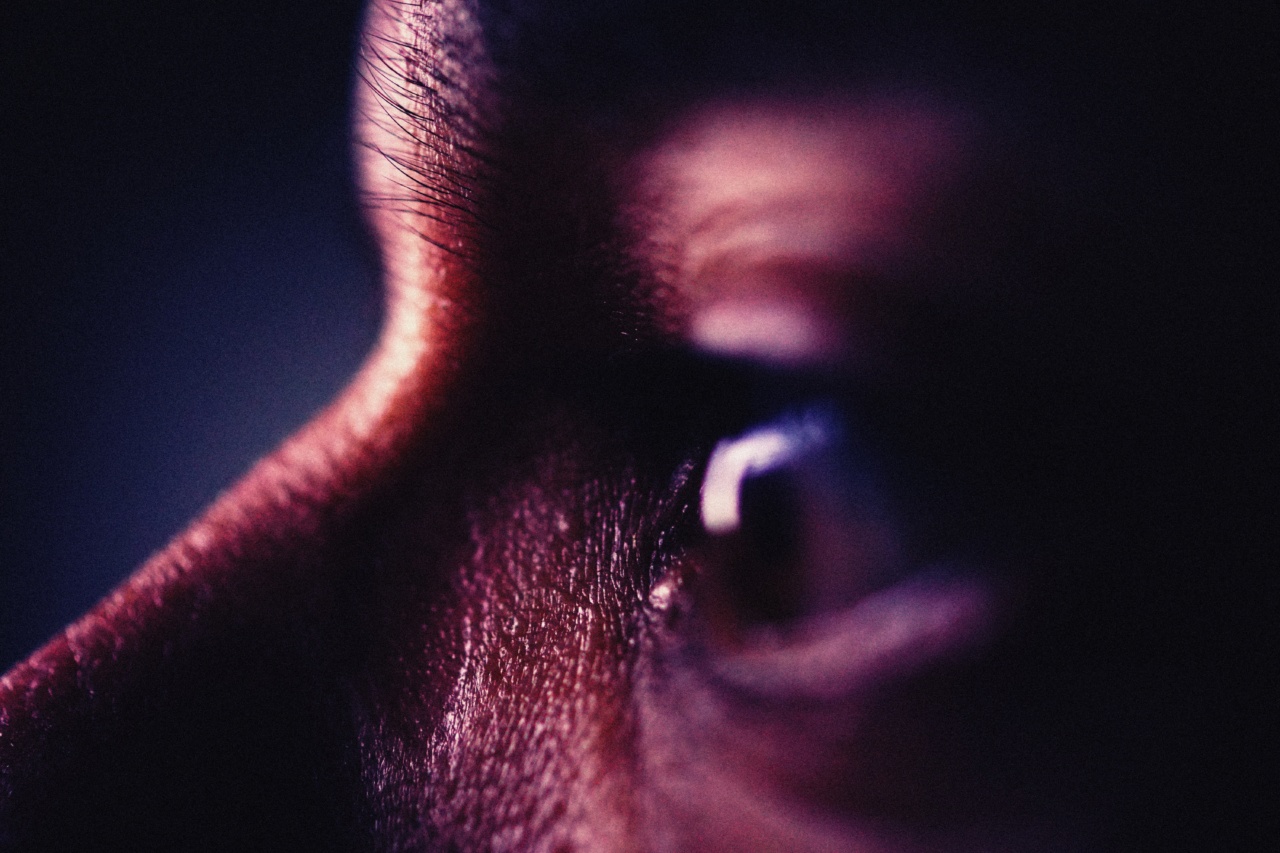Self-esteem is the confidence and satisfaction someone has in themselves. Individuals with high self-esteem levels tend to govern their social and emotional behavior, leading to optimal mental health and social development.
Skin cancer is a severe condition that may often result in low self-esteem because it alters an individual’s physical appearance that can lead to a loss of confidence. However, science plays an essential role in defining the relationship between self-esteem and skin cancer and how it influences people’s behavior.
Self-esteem and Skin Cancer
Having a mole or skin cancer can lower an individual’s self-esteem, impairing their quality of life. People who have skin cancer in prominent areas such as the face, neck, or hands may feel stigmatized, causing them to withdraw socially.
In extreme cases, individuals may suffer from anxiety or depression, affecting their overall well-being and mental health. Research shows that individuals with low self-esteem levels may delay or avoid medical treatment, increasing the risk of cancer’s advancement.
The Role of Media on Self-esteem and Skin Cancer
Media plays a vital role in shaping societal norms and values. The media often portrays tan skin as fashionable and attractive, which can lead people to engage in UV tanning practices, causing skin cancer.
Furthermore, people with skin cancer often feel unfashionable or unattractive, leading to a loss of self-esteem. Advertisements for skin care products often feature models with flawless skin, which can lead to unrealistic beauty standards and body image issues for individuals with skin cancer.
The Influence of Family and Peers on Self-esteem and Skin Cancer
Family and peers play a significant role in shaping an individual’s self-esteem and their attitudes towards skin cancer.
Studies have shown that individuals diagnosed with skin cancer often report a lack of emotional support from their family and social circle, leading to heightened levels of stress and low self-esteem. Furthermore, individuals who have family members or peers with skin cancer also have an increased risk of developing the condition, leading to anxiety and low self-esteem.
How to Improve Self-esteem After Skin Cancer
Skin cancer survivors often struggle to adjust to their changed appearance. Here are some ways to improve self-esteem after skin cancer:.
- Join a support group: Joining a community of people who have experienced similar situations can help elevate an individual’s self-esteem and reduce feelings of isolation.
- Engage in mindful self-care practices: Indulging in activities such as yoga or meditation can help manage stress levels and improve overall self-esteem.
- Wear sunscreen: Protecting the skin from harmful UV rays reduces the risk of developing skin cancer and promotes increased self-care.
- Consult a therapist: Professional counseling can help individuals work through fears and anxieties related to cancer’s diagnosis and treatment, promoting enhanced self-esteem.
Conclusion
The relationship between self-esteem and skin cancer is complex, with several factors influencing an individual’s self-esteem and attitudes towards the disease.
Science confirms that individuals with skin cancer often experience low self-esteem levels, leading to alterations in their mental health, social development, and overall quality of life. Support systems and self-care practices are essential in boosting self-esteem and combating the negative impacts of skin cancer.





























